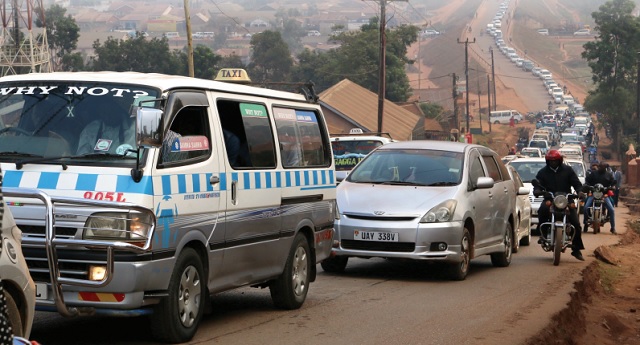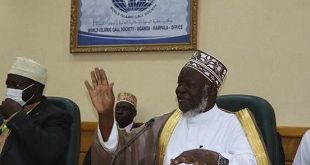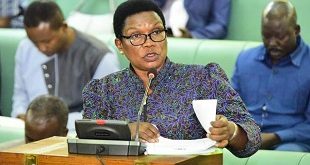
Kampala, Uganda | THE INDEPENDENT | A cross section of the public has expressed mixed reactions to the Traffic and Road Safety Bill, 2019 that was passed in Parliament on Wednesday.
The Bill, passed by parliament with amendments, provides for the powers of the Minister for transport, registration and licensing and validity periods for driving licences.
It also provides for regulation of motor vehicle dealers, taxis, boda boda’s, online and digital passenger service providers.
Pending presidential assent, the Bill provides that every owner and operator of a public service vehicle, including taxis and Boda Boda, must form companies or cooperatives or Savings and Credit Cooperative Organizations- SACCOS to get driving licenses and badges.
The SACCOs will not only discipline members, but will also determine routes of operation. Also, individuals who repair motor vehicles, manufacture, deal in new, and second hand or reconditioned motor vehicles must be licensed by the Chief Licensing Officer.
Drivers of motor vehicles, trailers or engineering plant must secure driving licenses. The law also introduces issuance of 5-year driving licenses in addition to the existing ones of 2 and 3 years.
Penalties and fines have been enhanced in the law for offences such as over speeding, driving without licenses, speaking on phone while driving.
Now, cyclists and taxi drivers have mixed reactions to the provision that requires them to form SACCOs for purposes of organizing public transport service providers.
Ibrahim Kayondo, the Secretary of United Bus Drivers’ Association – UBDA supports the provision on the formation of SACCOs and also the removal of the maximum age limit of 65 years for bus drivers in the Bill.
The Vice Chairperson of UBDA, Umar Kakaire says that the best way to ensure road safety is for government to provide public transport services and not leave it to the private sector. Kakaire, who has been a driver since 2007 says that when government becomes the service provider, then drivers would be organized and also earn uniform salaries.
UBDA has 2018 members, who are employed by over 100 bus companies in Namayuba Bus Park and Kisenyi Bus Terminal.
Parliament also passed provisions that have banned touting. Public transport service providers are expected to mark routes on their cars or park at designated stages for specific destinations.
The government argues that touts usually mishandle passengers while criminals take advantage of congested stages to rob or con the public.
Sarah Nanteza, who is a a student said she supports the government in including the provision, while business woman Sarah Sserwanga says that touts can be asked by stage managers to stop harassing and mishandling potential customers.
Other members of the public, including road users, taxi conductors, drivers, touts and also bodaboda cyclists have expressed mixed reactions to the provisions on forming SACCOs, registration and licensing among others.
Some road users doubt that government has the capacity to implement the law, particularly the provision where medical facilities are expected to handle accident victims.
Some riders who did not want to be disclosed but work for online and digital transport network platforms such as Safe Boda, Bolt and Uber say that the government should ensure that managers and owners of the platforms do not exploit them through undercutting transport prices among other issues.
The Director Organisation of Automotive Dismantlers and Recyclers of East Africa, John Eudss Kyobe says that the law has categorized all dealers in spare parts, garages, dismantling and recycling in the same group.
He was among the stakeholders who appeared before the parliamentary infrastructure committee . He says that the provision for registering and licensing dealers in motor repairs, manufacture and spare parts is unfair, discriminatory and an attempt at double taxation of service providers in the industry.
Kyobe says that repair facilities and other motor vehicle dealers are issued with trading licenses by their respective local authorities annually as a precondition for operation.
******
URN
 The Independent Uganda: You get the Truth we Pay the Price
The Independent Uganda: You get the Truth we Pay the Price


